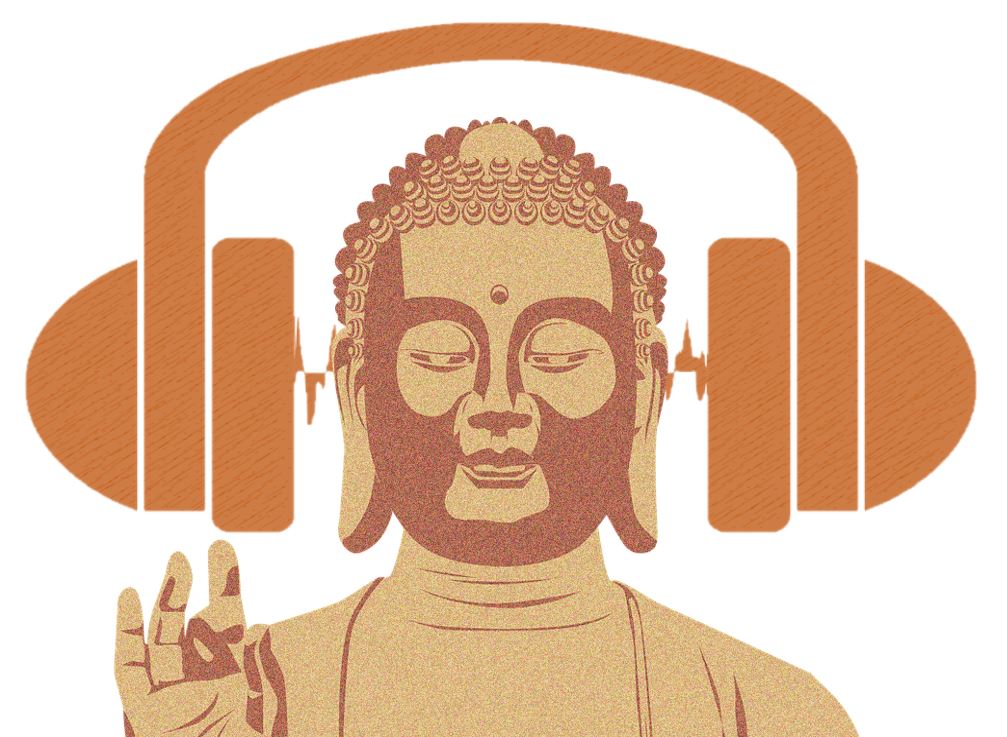Just as life is happening all around us, so is death. Human beings appear to be the only species that are conscious of our mortality. Yet most people ignore this fact of our existence, preferring to put efforts, thoughts and practice on “more pleasant things”. We want to “wake up”, to let go of our endless attachments and experience contentment and ease in our lives. Paradoxically, facing the death of our loved ones and ourselves, is one of the classic Buddhist teachings for accepting the truth of existence and waking up to impermanence. It is also a teaching that can greatly reduce and perhaps even eliminate the biggest delusion of all… that everyone else will die, except me.
This daylong retreat may not be suitable for those with anxiety, trauma or those who have recently experienced the death of a loved one.
“Acceptance” is a quality of mind and a continuing relationship with experience that is a pre-condition for genuine inclusion, forgiveness, conflict resolution and healing. It plays an even more foundational role as a basic element underlying the psychology, teachings and methods of Buddhist practice.
During this evening we’ll explore the definition and meaning of Acceptance from a practice perspective. What does Acceptance look like in action as part of the method or process of meditation? And transitioning meditative awareness into daily life? How does Acceptance change the fundamental dynamics of mindfulness? How does it empower us to see more clearly and make better choice and decisions? We’ll work with a number of familiar situations to explore these themes.
The subject matter of this evening is appropriate for all stages of practice.
This talk title changed from “The 7 L’s of Spiritual Practice” to “The Divine Abidings: Radiation and embodiment of the four brahmaviharas in meditation practice“.
There is no denying it… loneliness is an epidemic in our world today. Ironically, the more diversions that come our way, i.e. access to entertainment, social media, easy access to shopping — apparently the lonelier we are becoming. Out of loneliness, we create stories about ourselves which are often distorted, which lead to further suffering. How can we address the issue of loneliness effectively? Can loneliness be eliminated in our lives? Should it? What can loneliness teach us about truly connecting with ourselves and as well as establishing meaningful connections with others? A lot to consider!
The historical Buddha famously told his attendant Ananda that Sangha, the community of practitioners, “is actually the whole of the holy life.” In the Upaddha Sutta (SN 45.2), he explains that this is because “admirable friendship” helps one to follow the Noble
Eightfold Path. In this time of multiple overlapping crises, we may be tempted to come to Sangha for refuge from the sometimes overwhelming worldly winds swirling around us. Is this consistent with following the Eightfold Path? As lay practitioners, when do we step away from the conflicts around us and when do we use the practice to engage with the world? Bring a spirit of inquiry to this evening; there will be plenty of time for discussion of this challenging and rewarding topic.
Using teachings from Ajahn Chah and the Thai forest tradition elders, we will explore how the mind gets caught and how to develop clarity, equanimity and freedom.
What does it mean to ‘take refuge’ in the Buddha, Dharma and Sangha, and how might they serve as a refuge for us today?
Do you find yourself easily bored? Or do you sometimes feel like a boring person?
In daily life, when we’re bored or feel that we are no longer interesting, we’re uncomfortable with our basic state of being. It’s an unsettled feeling, often bringing up thoughts such as “What is my purpose?” or “Why aren’t I doing something important?” Boredom can easily morph into loneliness and the suffering that comes from feeling disconnected from others. We also associate this emotion with restlessness/anxiety and when taken to an extreme, boredom is often blamed for addictive behavior and even violence.
We often find ourselves “bored”while we meditate. Boredom is often internally translated as “I’m not doing this right”, which leads us to compare ourselves to others creating more suffering. It’s an uncomfortable mental state that we rarely investigate. We just want it to go away and get back to enjoying a “good” meditation.
The good news is that boredom can be our gateway into truly understanding ourselves, both in daily life and on the cushion. It can even lead to enhanced creativity! We will discuss how we can transform boredom from restlessness and anxiety, to insight and happiness.
“Thinking is a good servant but a poor master.”
This short, well-known statement sums up the conflicting potentials inherent in thought. But what does it mean, specifically, in terms of our how we conduct our spiritual practices and live our lives?
Buddhist practice is designed to develop a fundamentally different, more helpful relationship with thinking. This evening will look at the possibilities available to us as practitioner.
We’ll work with a number of familiar situations to explore these themes. In particular, we’ll look at how thinking can turn a simple, straight-forward situation into one that is complex, confusing and problematic…and how work with it.
Visit Us
SIM meets online and in-person at the Sacramento Dharma Center
What is Dana?
Dana is a Buddhist word that means generosity or heart. Nearly all Sacramento Insight Meditation activities are offered on a dana (donations) basis. This means our programs are sustained by the generosity of instructors in offering teachings freely and on the generosity of students and members of the meditative community in the form of financial support, service and participation in events. Practice dana, please support our Sangha. DONATE NOW

